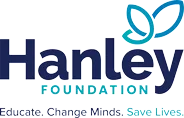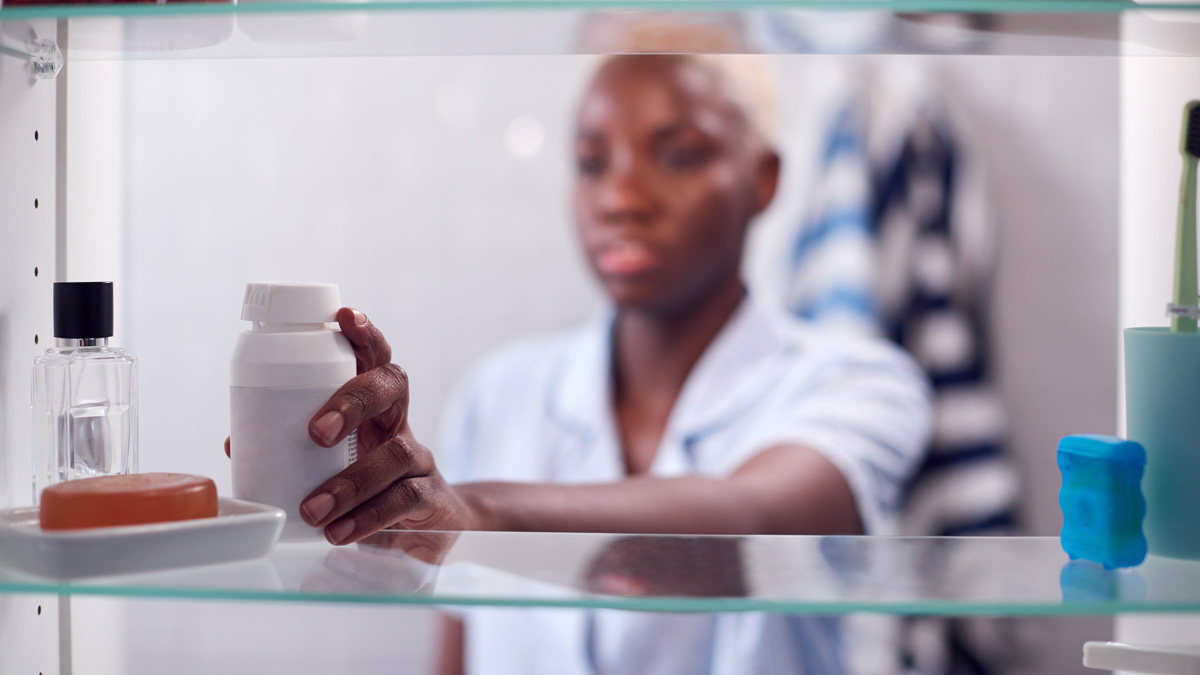Unlocking the medicine cabinet may seem harmless, but there are dangers in your medicine cabinet, especially when it comes to children. Taking someone else’s prescription poses serious risks to health and safety. In this blog, the Hanley Foundation will guide you in identifying signs of medication misuse among children or teens and emphasize the importance of promptly discarding or securing unused medications to prevent unauthorized access and potential misuse.
Ensuring safe medication storage, especially in households with teenagers, is crucial for preventing accidental ingestion or misuse. Store drugs securely in locked cabinets or boxes inaccessible to children, avoiding leaving them in open spaces. By addressing storage, parents and caregivers promote a safe environment and minimize risks associated with medication misuse among teens.
Commonly Misused Medications
Teens commonly misuse prescription medications such as opioids, stimulants like Adderall, and sedatives such as benzodiazepines. However, some parents may be surprised to learn that teens also misuse medicines like cough syrup containing dextromethorphan (DXM) for their psychoactive effects. Additionally, medications like over-the-counter pain relievers such as ibuprofen are often misused by teens seeking to alleviate stress or induce a sense of euphoria.
Properly Storing Medication
Ensuring the safe storage of medications is paramount, particularly in households with teenagers. It’s imperative to store drugs like pain relievers, stimulants, and sedatives securely in locked cabinets or boxes inaccessible to children and adolescents. This precautionary measure helps prevent accidental ingestion or intentional misuse, safeguarding the health and well-being of young individuals. Furthermore, avoiding leaving medication in open spaces such as kitchen counters mitigates the risk of unauthorized access, reducing the likelihood of potential harm. By proactively addressing medication storage, caregivers play a pivotal role in promoting a safe environment and minimizing the dangers associated with medication misuse among teens living at home or visiting.
Talking to Kids and Teens about the Misuse of Medications
Initiating conversations about medication safety with children and adolescents is crucial in preventing the misuse of others’ medications and promoting responsible behavior. Let’s look at a step-by-step approach to making these kinds of talks productive and effective.
Model Responsible Behavior: Children mimic adult behavior, so be a role model by administering medications like ADHD or antidepressants yourself. Also, inform schools of allergies or health conditions affecting your child’s medication intake.
Choose the Right Moment: Address substance use concerns when your teen is relaxed, preferably during activities like walks or car rides. Be direct but non-confrontational to foster open communication.
Start Early: Initiate conversations about medication safety from an early age, teaching kids that only parents, caregivers, school nurses, and other approved adults should handle medicine. Use relatable examples like not touching a hot stove or talking to strangers.
Educate About Risks: Explain the dangers of taking someone else’s medication, emphasizing that too much of anything can make them sick. Use age-appropriate language to convey the potential consequences, such as acetaminophen’s ability to shut down the liver.
Provide Information in Small Portions: Start with small, digestible pieces of information, emphasizing the dangers of taking medications not given by a trusted adult. Tailor the conversation to their age and understanding level.
Graduate to Sophisticated Discussion: With teens, delve into more complex discussions about the harmful effects of medication misuse, such as respiratory depression and death. Set clear rules with consequences, like leaving a party if drugs are present.
By following these steps, you can effectively communicate the risks of misusing medication to their children and adolescents, promoting safe and responsible behavior.
Signs of Medication Misuse
Recognizing warning signs of medication misuse allows parents and caregivers to intervene early and avoid potential harm. Look for clues such as running out of a prescription sooner than planned, discovering pill bottles in unexpected places, or noticing physical and behavioral changes in your teens, such as greater secrecy, changes in sleeping patterns, or rapid mood swings. Keep an eye out for any unexpected drowsiness or hyperactivity, changes in appetite, or a decline in academic or work performance. Take note of any empty pill packs or wrappers stashed in unexpected areas. These warning signs may suggest that your teen is experimenting with or abusing medications.
Disposing of Unused Medications
Medication disposal must be done safely to protect the environment and limit potential misuse by children, teenagers, and their friends. Certain pharmaceuticals might be toxic if discarded inappropriately, poisoning soil and groundwater when thrown away and dumped in landfills. To reduce these hazards, rely on takeback services, which offer a safe and easy way to dispose of expired or unwanted prescriptions. These services ensure that pharmaceuticals are disposed of appropriately and are not available to those who may abuse them. Participating in takeback initiatives helps to conserve the environment and prevents pharmaceutical misuse, enhancing the health and safety of your community and the environment.
Hanley Foundation is devoted to reshaping the narrative of addiction through prevention, advocacy, treatment, and recovery. For over three decades, our comprehensive prevention education programs have positively impacted Florida’s communities, making us the state’s largest prevention services provider.



